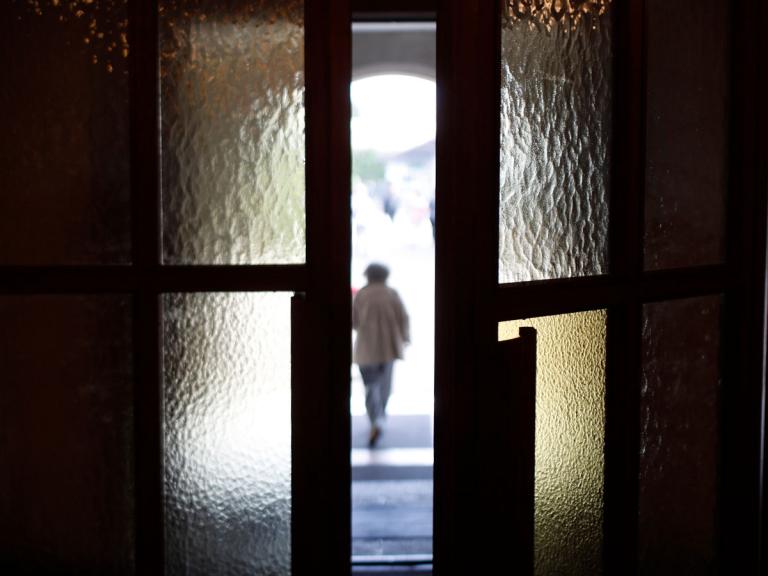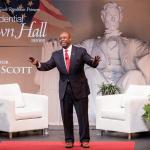
A study by the Public Religion Research Institute (PRRI) revealed that more Americans are switching their denominations or religious traditions than in past years. According to the study, which surveyed 5,872 US adults, nearly one quarter (24 percent) of US adults made the switch in 2022, up from 16 percent in 2021. The greatest number of those that had made the switch were formerly Catholic (37 percent), 24 percent were non-evangelical Christian or Protestant, 17 percent belonged to another Christian tradition, 13 percent were evangelical Christians, and five percent were members of non-Christian religions. A majority of those who switched (71 percent) did so before they were 30, while 27 percent made the switch in their thirties or later. The study also found that more Americans are identifying as religiously unaffiliated (27 percent). The study also found that only 64 percent of Americans identify as Christian.
The biggest reason those who made the switch gave for changing was that they stopped believing in their religion’s teaching (56 percent). Thirty percent said it was due to their religion’s perceived negative teaching or treatment of LGBTQ+ people, while 29 percent stated that their family had never been very religious in the first place. In a time when scandals have been more prominent in larger evangelical churches like Mars Hill and Hillsong, 27 percent stated they switched due to scandals, 18 percent due to a traumatic personal event, and 17 percent because their church or congregation became too political. The study also found that 16 percent of Americans are currently considering leaving their denomination or religious tradition. The study did find that the majority of churchgoers (71 percent) had been attending their current church for five years or more, with 59 percent having attended their church for over 10 years. Only nine percent of churchgoers had been attending their current church for less than one year. Most churchgoers (73 percent) belonged to churches with congregations of less than 500 people.
Interestingly, another study by the American Bible Society (ABS) in partnership with the National Opinion Research Center (NORC) found that Christians who switched faith traditions were more Bible-engaged. The study found that mainline Protestants who had changed their faith tradition scored 87 points in Scripture Engagement, whereas those who had the same faith as their mothers scored 80 points. This pattern of higher scoring for those who switched was true in each major denomination. Furthermore, the study found that one-third who had grown up in a house where their mother was a “nones,” atheist, or agnostic now identified as Christian. Nearly two-thirds of religious switchers (64 percent) stated that the Bible was correct in “all of the principles it presents,” while only 47 percent of those who remained in the same faith tradition of their mothers agreed with that statement. “We easily assume that rejecting the faith of one’s youth is a bad thing, but it doesn’t have to be. In fact, the State of the Bible data suggests otherwise. Christians who have changed their faith are more Scripture Engaged than those who haven’t,” said the report.


